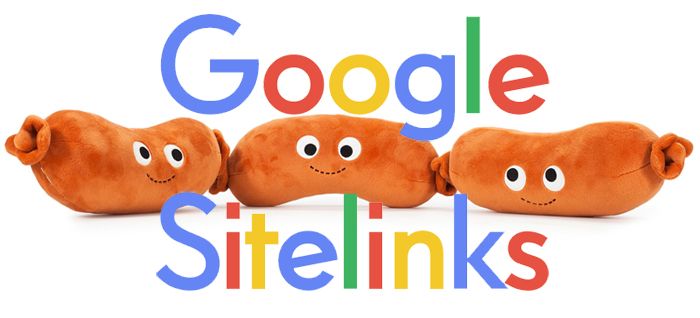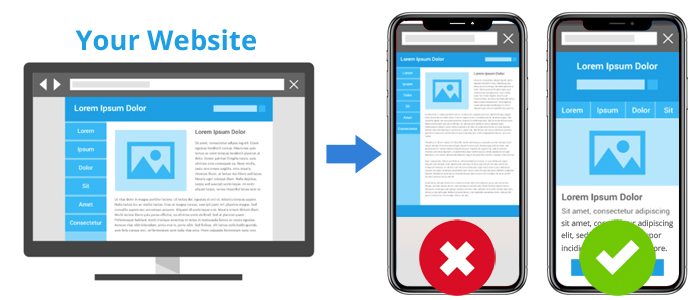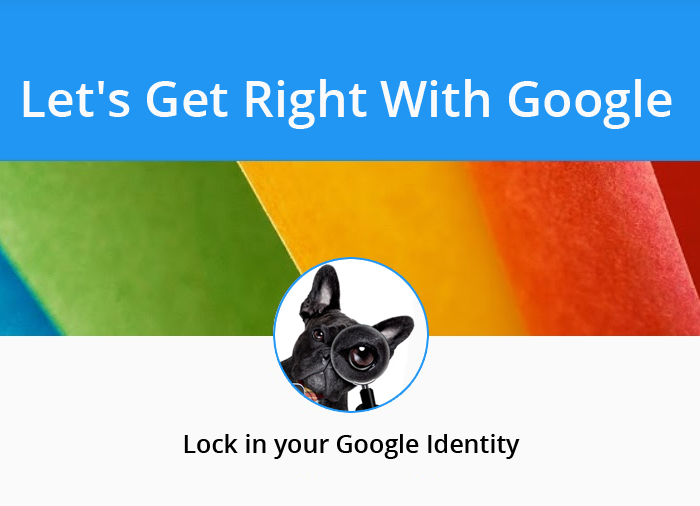![]() It seems the more I try to participate here on the my own blog, the more I am presented with great content that I know our readers will enjoy.
It seems the more I try to participate here on the my own blog, the more I am presented with great content that I know our readers will enjoy.
Today, we are introducing yet another new member of the Vine, Mr. Steve Groves. His topic: Agent 2.0. Grab a coffee, this is another great ride.
Agent 2.0 – Defined
By Steven Groves
Premise of Agent2.0 – the ‘Duh’ Statement
The sale of real estate is / has changed significantly in the last several years. The major shift is the immediate and widely available access to multiple listing service (MLS) data. MLS data was at one time the exclusive domain of the real estate professional, who acted as the gatekeeper of the data to the public, MLS data is now freely and readily available.
While not completely understood, this shift in the access to data appears to have mandated that the agent extend themselves to utilize the Internet to better undertake their responsibilities. The major areas of change have to do with data.
The Internet is rich with data of all kinds; data on homes for sale, for rent, for lease, land for sale, commercial property for big business, small business and more. The information about specific neighborhoods in major cities is beginning to cascade into the web, entered by real estate professionals, citizens, cities and individuals for all kinds of reasons. The drive appears to be heavily centered around the use of social media technology and the next generation of Internet users who are growing up with the web as a natural, normal part of their lives.
Agent2.0 – the Model and Implementation Outline
Agent2.0 is a framework against which vendors of online technologies for the real estate community can insert themselves to the benefit of the agent in connecting with their clients and prospects. A fundamental characteristic is that the tool set is either completely or mostly online. Online = good in Agent2.0.
The major categories of the business model are designed to a) promote and enforce contact with the clients and prospects and 2) develop social capital that is meaningful or useful in the sale of real estate. The non-exclusive (they will overlap) business model categories today are –
Public exposure,
Social media tools,
Self generation of leads,
Inter-agent communication,
Personal presence and
Mobile connectivity
I’ve been writing on Agent2.0 for a while now and finally felt the model was baked enough for disclosure. It is however, a work in progress and I suspect it will never be completely defined, particular to the individual and the market – but here is what we have so far for the first installment.
Data Defines The Agent2.0 – No Longer A Gatekeeper Of Data, But A Data Engine
I had a friend of mine yesterday who reviewed the Agent2.0 material already posted at my blog and said he felt a rant coming on (that may / may not make it to their blog). The post would cite that the changes in the industry were now making a real estate professional earn his keep vs. a real estate license providing permission to withhold MLS data. They also felt that for the compensation, it was an appropriate change – I’m not going to take a position on the comment other than to continue to cite the changes and identify what the Agent2.0 will need in my opinion.
If the agent of the future is no longer a conduit to MLS data, because it’s now freely available, I see the most important functions will be to:
Gather data more effectively and more deeply than their client
Manage data more effectively and have it present during interaction
Present data in the form of information in more meaningful ways
This is just the starting point though – the new real estate agent will collect and manage data more effectively. They need to give away their hard fought knowledge – this is contrary to so much of what the Baby Boomer generation has been taught, but in the connection to Gen Y and Gen X and the tween’er and beyond – it will be essential. Sharing and transparency are hallmarks of the social media movement and the only real way to establish social capital that is meaningful.
Sharing Begets Social Capital = Earned Believability
Social media demands that social capital accompany the message. Social capital is not lightly earned either. It accrues over time and is particular to readers and participants in social media phenomenon and impacts the believability of the publisher – which is you, the real estate professional. Jeff Tomlin / Point2 Technologies, in a recent podcast cited (and I paraphrase) that social capital has both a consumer-facing and a back-end function, impacting the relationship between agents.
On the agent side, if they do not believe your business operation fits theirs, they will deny connections and visibility via their efforts; if they do believe in you, the synergy of the relationship can be formidable. Consumers also must find your presence comfortable, believable and approachable.
I use Twitter and tweet two to four times a day as a minimum – why? I believe it impacts social capital in a meaningful way. As people see the tweets, they begin to recognize that I am a regular guy; going to Home Depot like they do, watching movies like they do and working – like they do. They begin to see me not just through my web site, which I hope looks professional, but they also see that I live a regular life – people like people who look like them and will do business with them.
Social capital makes an online persona, more human and approachable.
Is Social Media More Than A Fad? What Is Social Media Anyway?
Last question first, it’s the easiest – these are the five most popular social media tools.
Blogging
Podcasting
Online video
Social networking
Wikis
When coordinated and connected, they provide an online environment that can better connect the real estate professional to their clients/prospective clients better than ever before.
But is it a fad? – maybe; predicting the future is real hard. I remember when those of us in business computing saw the IBM PC come to market (ok, ok – it was 1981 – I’m old(er) allright!!); we all chuckled and suggested people should bring a joystick and play the games that were sure to come – after all they were just a fad, not nearly powerful enough to run a real business application… hmmm, how do you connect to the Internet today? Do you have a Mainframe in the second bedroom with a T1? We were wrong and I learned then not to be so presumptive about what the future holds. Regarding the melding of Web2.0 and it’s impact on real estate, I think we’re pretty solid – and I am an advocate of social media and real estate.
Overall, most analyst do not think the changes in the way the Internet is being used is a fad. According to Ryan Buchanan of eROI, they predict that social media will continue to blossom, but will essentially serve more and more of a niche market – in real estate, we are seeing tighter and tighter specialization in cities, towns and neighborhoods emerge. Those who have jumped on the social media bandwagon are becoming well respected for their connections and contributions to their geographic areas of specialization – and it is translating into a very successful business for industry practicioners.
Exploring Agent2.0 – To Be Continued…
Social media is just one element of course – there are other underpinnings that the Agent2.0 needs to address; contact management, sales performance, personal presence and just the drive to be the best. More on that as we expose the Agent2.0 model, identify the tools and some of the best Agent2.0 implementations on the planet.
I do have more comments and a lot of the precursor work posted on my blog at www.StevenGroves.com and will continue working both locations, my blog and here at the Tomato Patch – so long as Jim will allow.
—
Thanks Steve!
Steven Groves is Director of Marketing for a real estate brokerage in Phoenix Arizona, a technologist of 20 years in software and an entrepreneurial consultant on technology-based marketing and sales.
He posts at his blog, www.StevenGroves.com regularly about real estate technology, marketing and Second Life, an online 3D community emerging as the next interface to the Internet.
Steve is the developer of Agent2.0 the model of the real estate agent of the future and founder of InterReality Advocates in Second Life, promoting the connection between Second Life and Real Life as a platform for business and education




